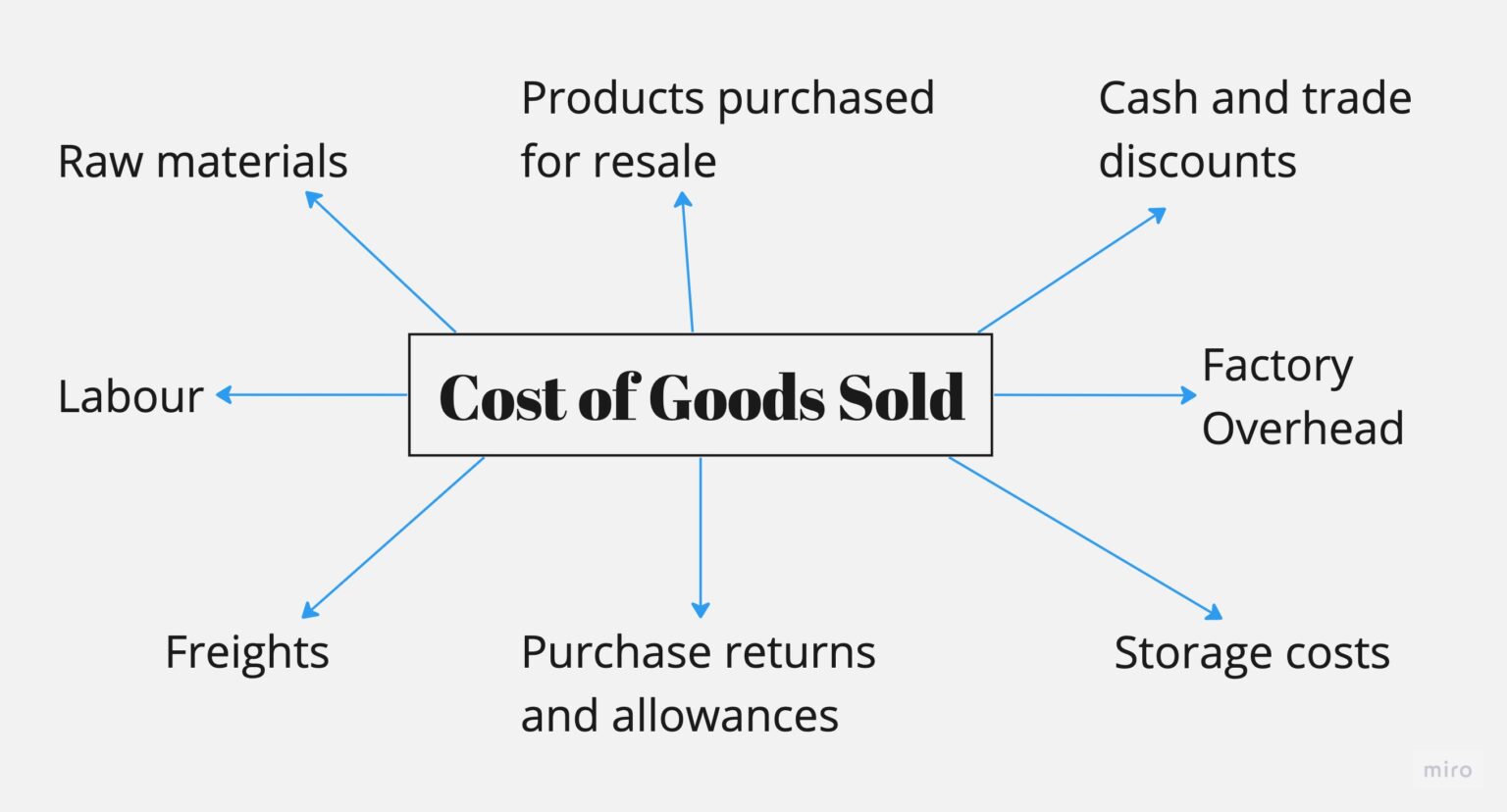The term "sold" carries a multitude of meanings, depending on the context in which it is used. This single word can evoke images of transactions, commerce, and even metaphorical exchanges in our daily lives. Understanding the sold definition can help us navigate conversations around sales, business dealings, and even emotional transactions. In a world where buying and selling are ubiquitous, grasping what it means to be "sold" is essential for both personal growth and professional success.
When we think of the sold definition, we often associate it with the act of transferring ownership of an item or service in exchange for a price. However, the term can extend beyond mere financial transactions, encapsulating concepts of persuasion and commitment. For instance, in the realm of marketing, being "sold" can refer to the emotional or psychological influence that convinces someone to buy a product. This multifaceted nature makes the term rich for exploration, prompting us to ask critical questions about its implications.
Moreover, the sold definition has evolved with the advent of digital marketplaces. In an increasingly online world, understanding what it means to be "sold" can also involve examining the nuances of digital transactions, e-commerce, and consumer behavior. As we delve into this topic, we will explore various dimensions of the term, shedding light on its significance in both traditional and contemporary settings.
What is the Sold Definition in Business Terms?
The sold definition in business primarily refers to the completion of a transaction where ownership of a product or service is transferred from a seller to a buyer. This process typically involves an agreement on price and terms of sale, which can vary widely depending on the nature of the transaction. Here are some key aspects to consider:
- Ownership Transfer: The buyer gains full rights to the item or service.
- Price Agreement: Both parties must agree on a price before the sale is finalized.
- Legal Implications: Sales can be governed by contracts that outline specific terms and conditions.
How Does "Sold" Differ from "Selling"?
While "sold" and "selling" are closely related, they represent distinct actions in the transaction process. "Selling" refers to the act of offering a product or service to potential buyers. In contrast, "sold" indicates that this process has reached completion, and the item has successfully changed hands. To illustrate:
- Selling: A car dealership advertises a vehicle.
- Sold: A customer purchases the vehicle and takes ownership.
What Are Some Examples of "Sold" in Everyday Life?
The sold definition can manifest in various scenarios beyond business transactions. Here are some everyday examples:
- Art Auctions: A painting is sold to the highest bidder.
- Real Estate: A house is sold after negotiations between buyer and seller.
- Online Marketplaces: Items sold through platforms like eBay or Amazon.
What is the Emotional Aspect of Being "Sold"?
Beyond the transactional definition, the sold concept can also delve into emotional and psychological realms. In marketing, the phrase "sold on an idea" reflects an individual's acceptance or belief in a product or service. This emotional attachment often influences purchasing decisions. Here are some points to consider:
- Brand Loyalty: Consumers become "sold" on brands that resonate with their values.
- Persuasion Techniques: Marketers employ strategies to make consumers feel connected.
- Trust Factors: Building trust can lead customers to feel "sold" on a purchase.
What is the Historical Context of the Sold Definition?
The sold definition has evolved over centuries, beginning with bartering systems where goods were exchanged without currency. As societies advanced, the concept of selling morphed into more complex transactions involving money, contracts, and legal frameworks. Understanding this historical context can provide valuable insights into modern sales practices.
How Has Technology Changed the Sold Definition?
With the rise of the internet and digital platforms, the sold definition has expanded significantly. Online marketplaces allow for instantaneous transactions, breaking geographical barriers. Key technologies that have influenced this transformation include:
- E-commerce Platforms: Websites like Amazon, eBay, and Etsy facilitate online sales.
- Digital Payments: Services like PayPal and Venmo streamline payment processes.
- Social Media Marketing: Platforms such as Instagram and Facebook are used for selling products directly to consumers.
What Are the Legal Aspects of a Sold Transaction?
Understanding the legal implications of a sold transaction is crucial for both buyers and sellers. Contracts often outline the terms of sale, including warranties, return policies, and liability clauses. Here are some important legal considerations:
- Contracts: A written agreement can protect both parties in a transaction.
- Consumer Rights: Laws exist to protect buyers from fraud and unfair practices.
- Dispute Resolution: Understanding how to resolve conflicts can prevent legal issues.
What Is the Global Perspective on "Sold" Transactions?
The sold definition varies across cultures and economies. In some regions, traditional methods of selling still prevail, while others have fully embraced digital transactions. This diversity illustrates how cultural norms influence buying and selling behaviors worldwide. Some unique aspects include:
- Local Markets: In many countries, local markets serve as the primary venue for sales.
- Bartering Systems: Some cultures still engage in barter transactions instead of using currency.
- Global E-commerce: International sales have increased due to the internet, allowing businesses to reach global customers.
In Conclusion: Why Understanding the Sold Definition Matters
In summary, the sold definition encompasses a broad range of meanings that extend beyond simple transactions. Whether in business, emotional contexts, or legal frameworks, being "sold" signifies a multifaceted relationship between buyers and sellers. By grasping the nuances of this term, individuals can better navigate their buying and selling experiences, leading to informed decisions that ultimately benefit both parties.
Unveiling The Charm Of The Y2K Camera: A Nostalgic Journey Through Time
Unlocking Radiance: The Essential Guide To Revision Skin Care
La Verdad Detrás De La Amistad Falsa
:max_bytes(150000):strip_icc()/Cost-of-Goods-Sold-COGS-60d335925dd14754a278392cae907b92.png)

